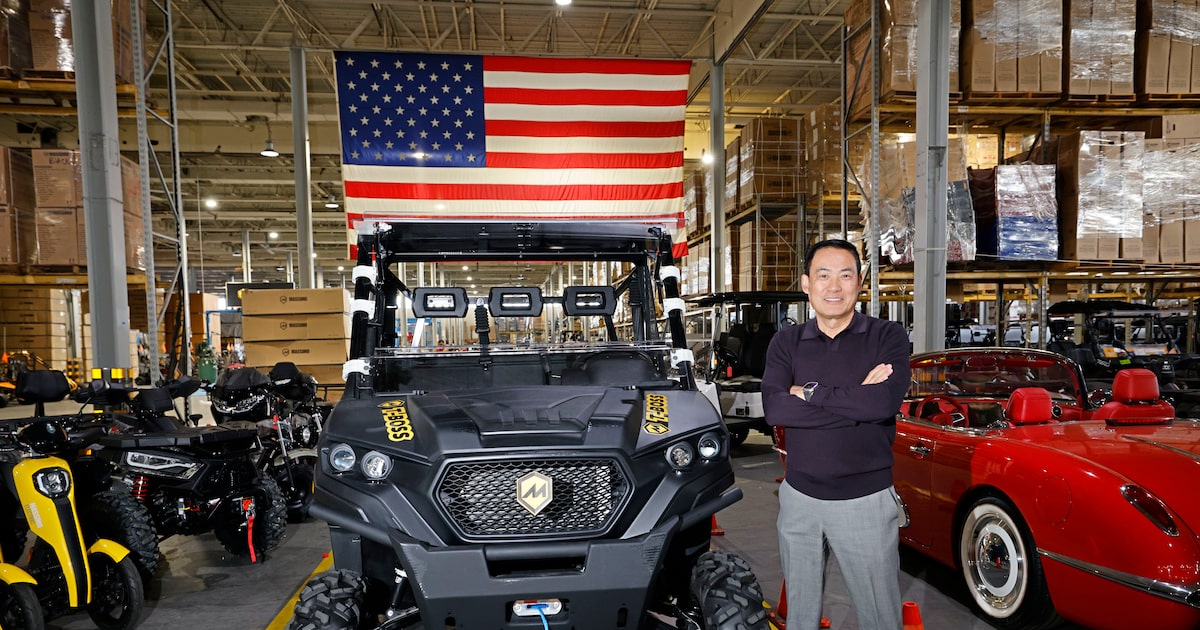Strategic Shift: Massimo Redirects Golf Cart Production to Garland, Sidestepping Tariff Challenges

In response to recent tariffs on Chinese imports, Massimo Group is taking swift action to protect its business by bringing production of MVR Golf Carts back to domestic shores. The strategic move aims to mitigate the financial impact of international trade tensions while maintaining competitive pricing and product quality.
By reshoring its manufacturing operations, Massimo Group demonstrates a proactive approach to navigating the complex landscape of global trade. The decision to relocate production will not only help the company avoid costly import taxes but also potentially create local jobs and strengthen its domestic manufacturing capabilities.
The golf cart manufacturer is positioning itself to remain agile and resilient in an increasingly unpredictable economic environment. This bold strategy underscores Massimo Group's commitment to innovation, cost-effectiveness, and maintaining a strong market position in the recreational vehicle industry.

